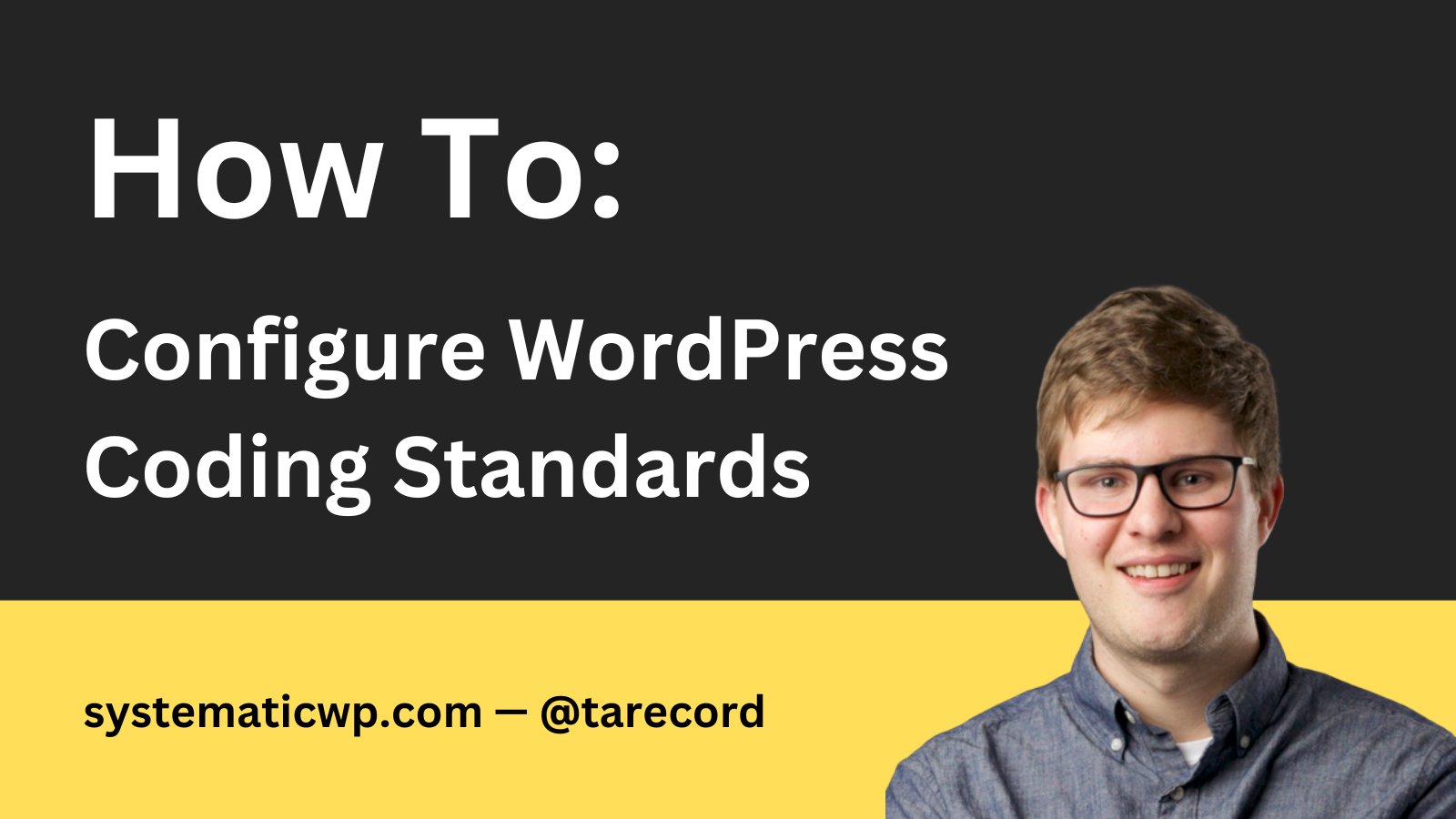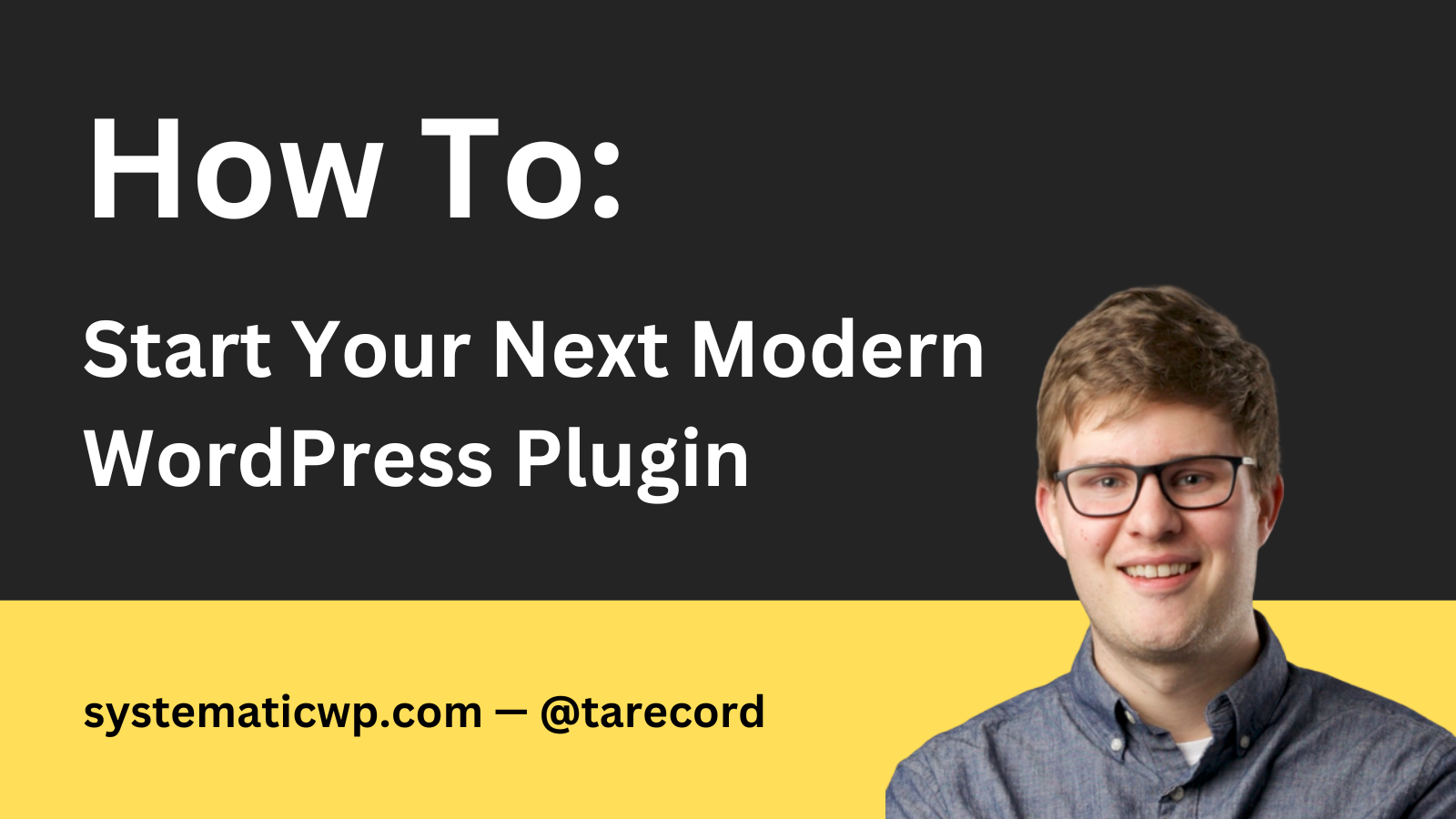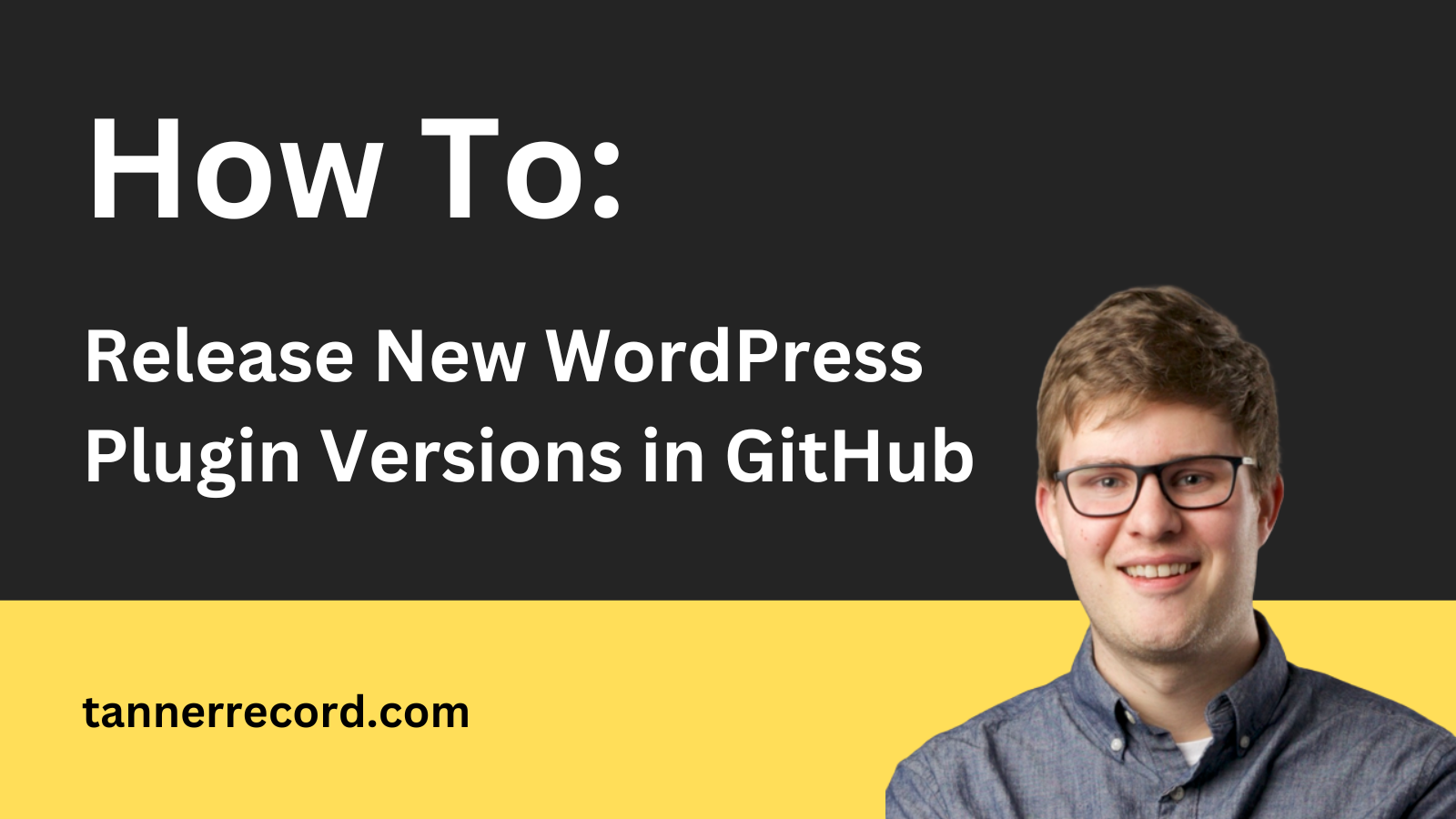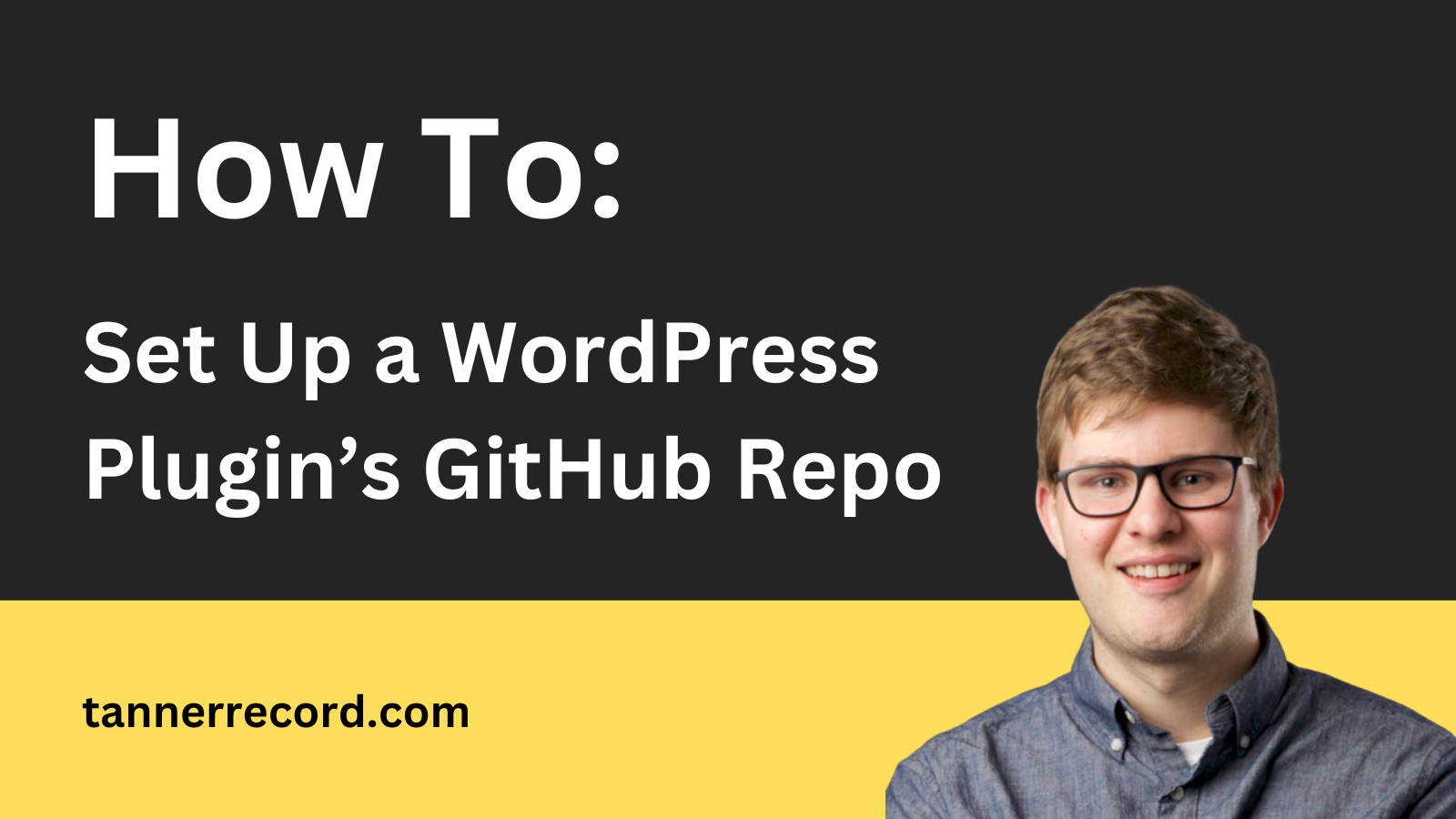WordPress
-

The WordPress Community Needs More Utility Plugins
A utility plugin is anything that modifies functionality in a WordPress site that: Whenever you are working on a client site and need to modify a little functionality, turn it…
-

How to: Configure WordPress Coding Standards
This week, I’m going to walk you through setting up a set of coding standards so you can maintain consistency in your WordPress plugin codebase. One of the best ways…
-

Building a Stress-Free Deployment Pipeline
It’s Thursday afternoon and you’re working through your checklist trying to get a new version of the plugin done before you need to head out for a long weekend. Just…
-

How to: Get Started Refactoring Your Plugin
At some point in creating your plugin, you’ve probably run into situations when you feel like you’re writing dirty or “bad” code. This is totally normal and a part of…
-

How to Start Your Next Modern WordPress Plugin
In this issue, I’m going to walk through how to structure the main plugin file for a modern WordPress plugin. When I say modern, I mean a plugin that utilizes…
-

Release New WordPress Plugin Versions in GitHub
At the core of WordPress plugin development and maintenance, whether open source or commercial, is the ability to catalog a list of versions over time. Each entry in this catalog…
-

A Primer on Autoloading in WordPress
In this issue, I’m going to walk through a primer about autoloading within WordPress plugins. Especially since it is a concept that will hopefully be included with WordPress soon. When…
-

The Great Data Liberation
Late in 2023, Matt Mullenweg announced a new initiative for 2024 that he’s calling “Data Liberation”. If you look anywhere across the WordPress community, I’m sure you’ve seen or heard…
-

How to Add Plugin Info to WordPress Site Health
In this issue, I’m going to walk through how to add your plugin’s information to the Site Health section of WordPress When users send in support requests, the site health…
-

How to Set Up a WordPress Plugin GitHub Repository
This week, I’m going to walk through how you can configure your WordPress plugin’s GitHub repository. Hosting open source code on GitHub is great because it is an established platform…
